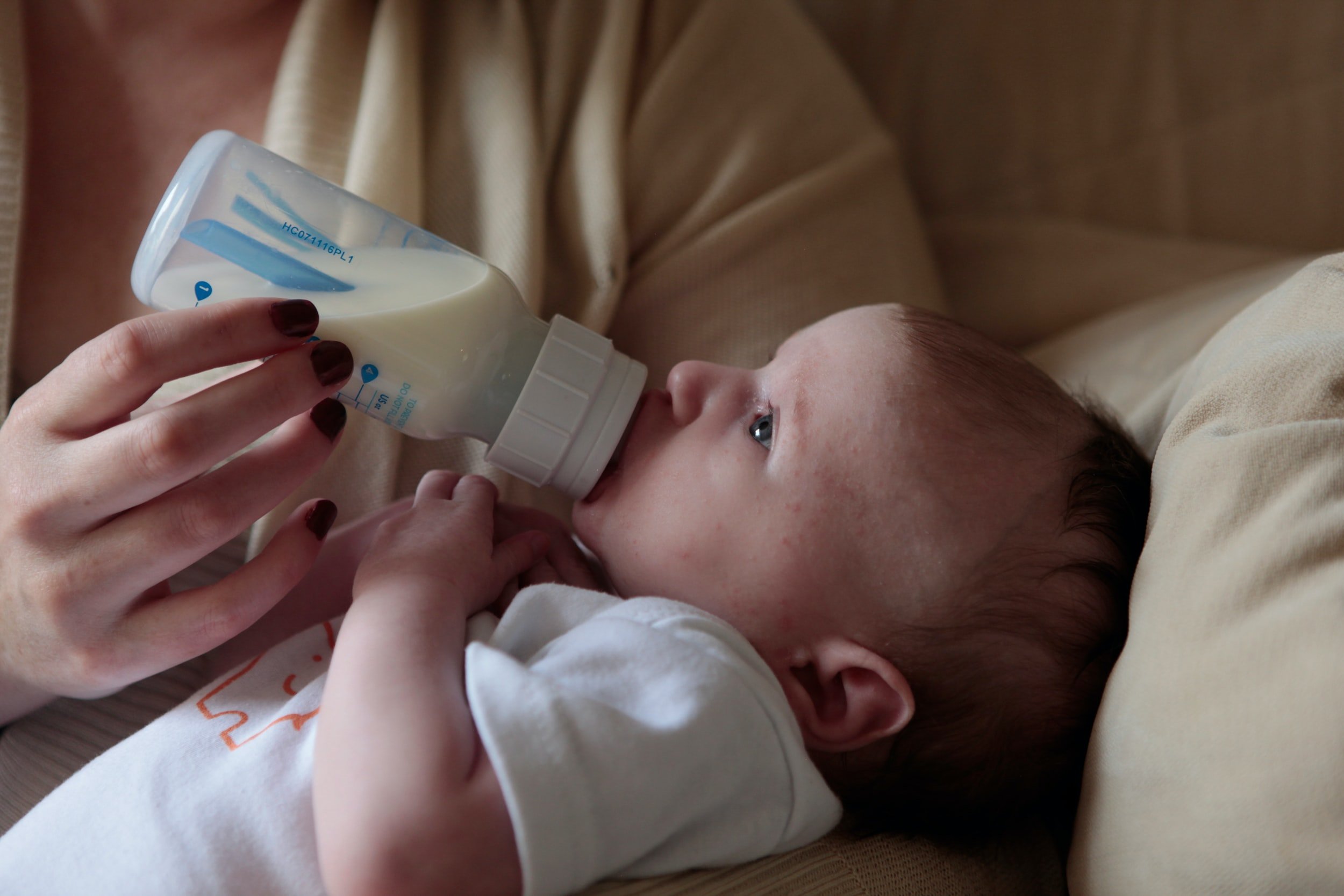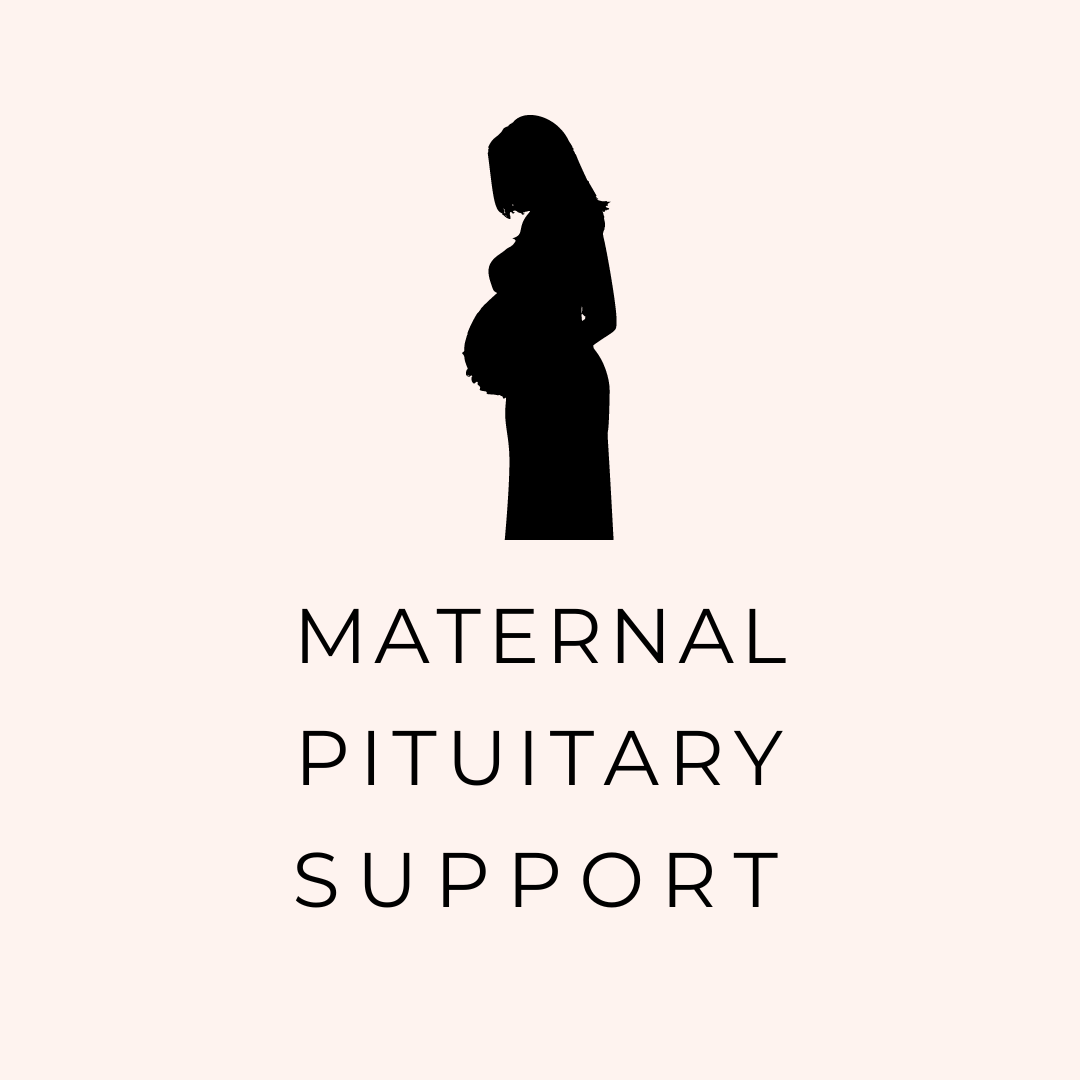
What if I can’t breastfeed?
We want you to know, you are not alone.
When the pituitary gland is damaged, the hormone Prolactin is no longer released, meaning that the body does not produce breast milk. For many women, being unable to produce breast milk is a very sad and challenging experience. It is important to remember that it’s not your fault.
Some good news is that during pregnancy your body was busy producing and storing colostrum in the milk ducts in your breasts, which your baby took in the first days before milk would usually come in. This contains help for your baby’s immune system and lots of energy and goodness. Don’t worry if you were very unwell and unable to do this, your baby should still be just fine. If you’re worried about this, you can speak with your midwife or health visitor.
Breastfeeding
If you attended antenatal classes, breastfeeding may have been described as the best thing to do for your baby. This is correct where there is a choice between breast and bottle feeding. If your body can’t produce breast milk, the best for your baby is to be fed as soon as possible with an alternative, which usually is formula milk. Your midwife and health visitor will be able to advise you on what’s best. Many mothers said they felt grief at being unable to nourish their baby the way they wanted. You can find extra support around this in our member area.
Bottle Feeding and Skin to Skin
The good news is that bottle feeding is a great way to give your baby what they need. You can fit in skin-to-skin time for bonding when convenient as well. There are also some real benefits; other members of your family can get involved in feeding, which helps to lighten the load on you, especially when you are recovering and adapting to your health condition.
Dealing with negativity
Some of us have received negative comments from members of the public around bottle feeding. If this happens to you, remember that you don’t need to give an explanation. However, if you want to you could simply say you have to bottle feed for medical reasons.
Health Professionals should understand why you’re unable to breastfeed, however sadly there is a general lack of knowledge of postpartum hypopituitarism. Unfortunately, some of us have received negative comments around bottle feeding from health professionals as well. We are campaigning to improve awareness for those professionals working with mothers and babies. You can also direct them to our website where they can find more information to improve their awareness and understanding. We’re here to support you, so if this happens, please do reach out to us.
Tips
A milk machine that makes up formula milk at the right temperature can really help save time and energy. A steriliser helps keep the bottles sterile and clean. It’s also worth getting a good supply of bottles and formula powder so you’re not always washing up and rushing to the shops.
Struggling to breastfeed? Hear from other mothers who have shared similar stories in our blog.

